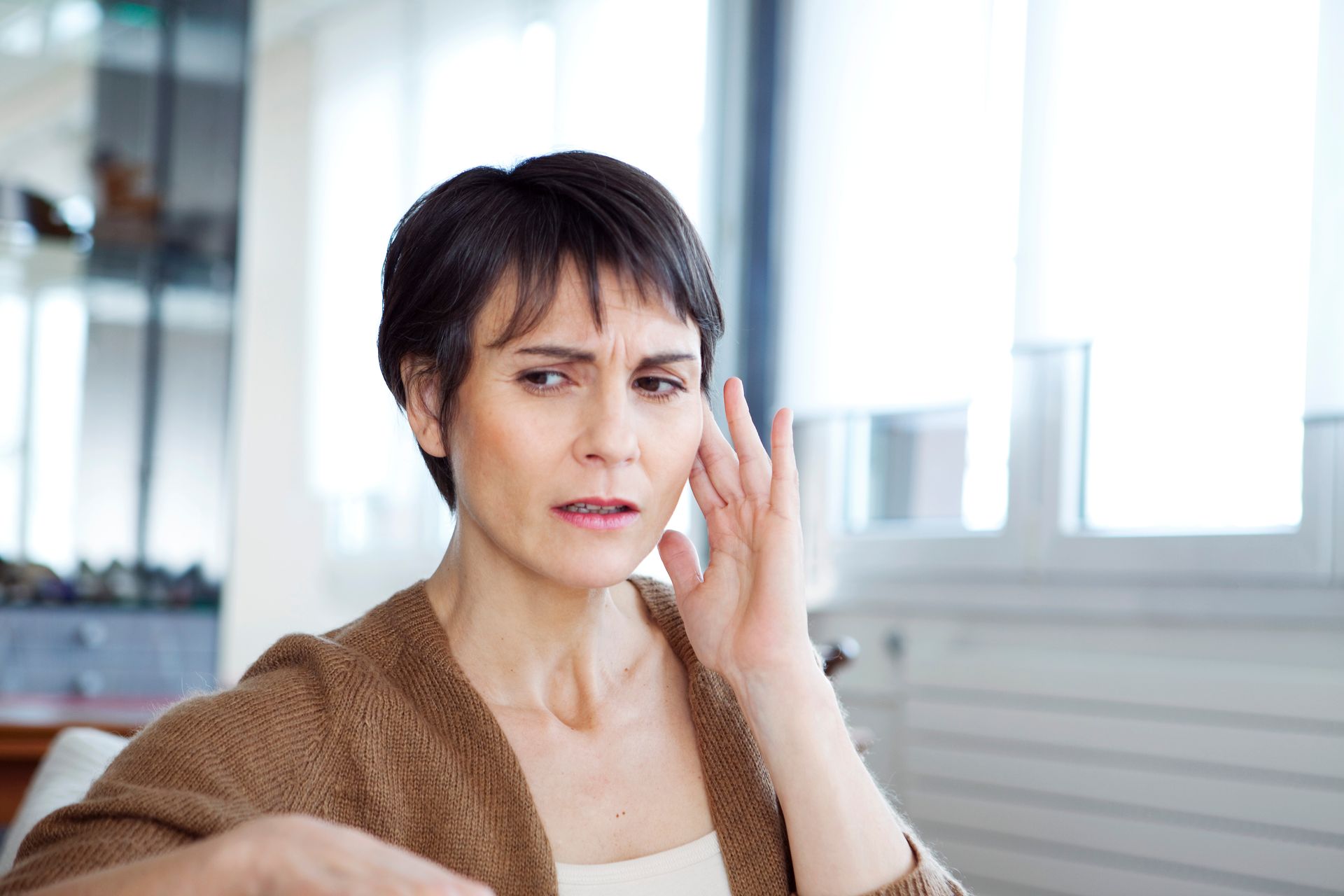Tinnitus
Consultation
The diagnosis was tinnitus, but there is no ringing sensation in my ears.
Tinnitus is commonly characterized as a sensation of hearing a ringing sound in your ears. However, it's important to note that tinnitus is actually the perception of a noise, typically when there is no external source of sound. While many people experience tinnitus as a ringing sound, it can also present as a pulsing, whooshing, clicking, or crackling sound. If you notice any of these symptoms persisting for more than a few days, it could be indicative of tinnitus.

Is the ringing in my ears a cause for concern?
Although tinnitus is generally benign, an abrupt onset of ringing in the ears could signal changes in blood pressure or other underlying health conditions. Typically, tinnitus resolves on its own within a few hours.
Vitamins Won’t Cure Tinnitus
Some research indicates a connection between vitamin deficiencies, such as a B12 or zinc deficiency. That said, there has been no research substantiating the claims that vitamins will cure tinnitus. In fact, there is no known cure for tinnitus. Most ways to manage tinnitus help you either mask the tinnitus or make it less noticeable.
Vitamins Won’t Cure Tinnitus
Some research indicates a connection between vitamin deficiencies, such as a B12 or zinc deficiency. That said, there has been no research substantiating the claims that vitamins will cure tinnitus. In fact, there is no known cure for tinnitus. Most ways to manage tinnitus help you either mask the tinnitus or make it less noticeable.
Vitamins are not a cure for tinnitus.
While certain studies suggest a potential link between vitamin deficiencies, such as B12 or zinc deficiency, and tinnitus, there is currently no scientific evidence to support the notion that vitamins can cure tinnitus. It's important to note that there is no known cure for tinnitus. However, various management techniques aim to either mask the perception of tinnitus or reduce its impact on daily life.
How can I effectively manage my tinnitus and reduce the ringing sensation in my ears?
There are several methods available for managing tinnitus that aim to either mask the noise or reduce its impact. The following approaches have been demonstrated to be effective:
Hearing Aids
Maskers
Cognitive behavioral therapy
Tinnitus retraining therapy
We would love to speak with you! Contact us using one of the options below.
We look forward to hearing from you.
Call or Text Us
Choose the location nearest you. Click the button below to call or text and speak with a hearing expert now.
Book an Appointment
Start your Hearing Health journey with a free comprehensive hearing test.
